Every year, the EU imports nearly 3 billion USD worth of three groups of products: coffee, wood and rubber from Vietnam.
The EU Deforestation Regulation (EUDR) will come into effect from June 29, 2023. Of the seven commodity groups including palm oil, soybeans, timber, cocoa, coffee, livestock and rubber subject to the EUDR, Vietnam currently has three commodities including coffee, timber and rubber subject to this regulation.
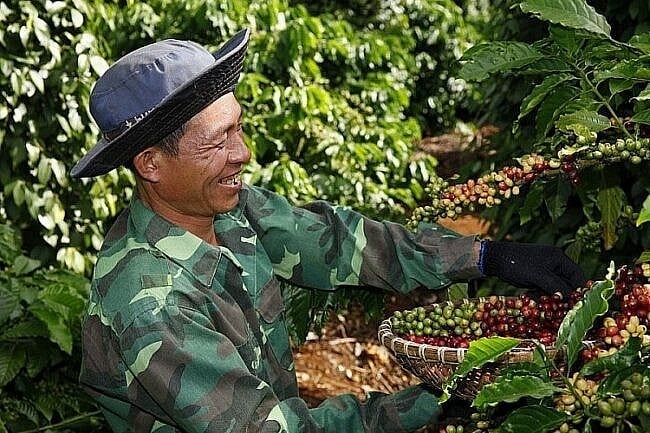 |
| Coffee is one of three Vietnamese agricultural and forestry products subject to EU anti-deforestation regulations. |
To be allowed to circulate these products in the EU, businesses importing from the EU need to ensure that the products are legal and do not cause deforestation and forest degradation (hereinafter referred to as deforestation) with the deforestation date calculated from 30/12/2020 onwards. Businesses have 18 months (large businesses) or 24 months (SMEs) after the EUDR comes into effect to prepare to meet the requirements of the EUDR.
As the EU is one of the most important trading partners, importing nearly 3 billion USD worth of three groups of products: coffee, wood, and rubber from Vietnam each year, meeting the requirements in the EUDR is of particular urgency for Vietnamese export enterprises in particular and all parties participating in these three product lines in Vietnam in general.
Mr. To Xuan Phuc - Policy analyst of Forest Trends Organization - said that coffee, wood and rubber are three important groups of products currently being exported by businesses to the EU.
Currently, the Vietnamese Government is implementing a policy of closing natural forests. New areas converted from natural forests to planted forests, coffee, and rubber only account for a small proportion.
According to EUDR regulations, in general, these three Vietnamese industries are at low risk of being classified as risk groups causing deforestation and forest degradation because the production area of the three products has been stable since before 2020.
However, proving this in practice faces many challenges due to the lack of necessary legal evidence. Accordingly, the legality of cultivated land owned by farming households is unclear; the supply chain is complex, with many intermediaries; and it is difficult for farming households to access information about mechanisms and policies.
Many recommendations have been made.
With less than 18 months to go before the EUDR is officially implemented, it is extremely urgent to review the risk points in the supply chain related to farmers. This needs to be implemented systematically and with a clear strategy to promptly collect and process information of millions of farmers according to EUDR regulations.
However, due to the generally limited capacity and resources of farmers, Mr. To Xuan Phuc said that it is necessary to have the participation of many stakeholders, especially export enterprises and management agencies at all levels.
Accordingly, the Government and Government management agencies need to urgently research, develop and update information including: Maps of forest status, deforestation, forest degradation; Land status - digital maps, locations and status of land plots that have not been granted red books, accuracy of locations and boundaries of land plots according to issued red books, etc. and share with relevant parties such as associations, businesses and the EU.
In addition, the Government needs to assign relevant ministries and sectors to review the supply chains of industries – starting with the wood, coffee and rubber industries – to assess the risks and the ability of producers, traders and businesses to meet the requirements of the EUDR as presented above.
On this basis, the Government will direct departments, especially local authorities, to organize information and propaganda activities and build capacity for farmers, especially in areas with many ethnic minorities.
In addition, the Government needs to consider issuing appropriate policies to quickly legalize production land plots of households that do not currently have land use right certificates but are not at risk of causing forest loss and degradation.
For businesses, it is necessary to quickly review their supply chains and work with local authorities and their suppliers to assess the ability of their current supply chains to comply with EUDR regulations.
The assessment also needs to identify the existing problems of the chain. Through that, the business will develop a plan to overcome these problems.
Addressing these shortcomings may require human and financial resources and the active participation of stakeholders, especially local authorities – the agencies responsible for building a database on the legal status and geographical location of households’ cultivated land plots.
Meeting traceability requirements requires businesses to reorganize their supply chains, especially formalizing transactions between households and the trader system. Formalizing transactions requires simplifying requirements at these stages.
Shortening the supply chain through establishing links between households and processing companies in projects to build sustainable certified raw material areas is one of the good ways to implement chain simplification.
“Some wood, coffee, and rubber companies that have participated in sustainability certification programs for many years said that traceability is a mandatory requirement in these programs. Therefore, businesses that want to export to the EU market in the future but have not yet participated in certification can consider this option to overcome upcoming barriers,” said Mr. To Xuan Phuc.
Farmers need to be trained to raise awareness of the legality of agricultural and forestry products in general and the new regulations in the EUDR in particular so that they are aware of the importance of traceability, thereby actively and proactively taking necessary actions to increase transparency regarding product origin and minimize risks in the supply chain.
The private trading network, which acts as a bridge between millions of farming households and large processing and exporting enterprises, needs to participate in capacity building activities, propaganda, and dissemination of information on EUDR to understand and grasp the newly emerging regulations in order to collect sufficient and correct information needed to trace the origin of agricultural products.
Regarding regulations on geographical coordinates of production plots, enterprises and local authorities need to coordinate to help households grasp information on the location coordinates of their land plots so that they can provide it to buyers upon request.
Due to the difficulties in dividing the product supply chain in practice, requiring households to provide this information when selling products to any buyer needs to be done synchronously to ensure traceability.
Businesses and local authorities need to create a database of households and land plot maps as well as software for households to self-declare information to serve the purpose of continuous traceability in the future. These utilities must be provided free of charge and easily accessible to households and any interested parties.
Source link





![[Photo] Prime Minister Pham Minh Chinh chairs conference on anti-smuggling, trade fraud, and counterfeit goods](https://vphoto.vietnam.vn/thumb/1200x675/vietnam/resource/IMAGE/2025/5/14/6cd67667e99e4248b7d4f587fd21e37c)




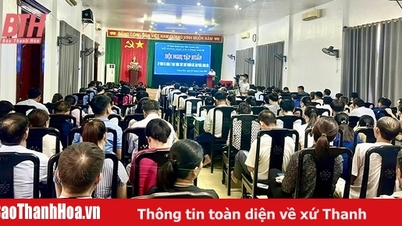
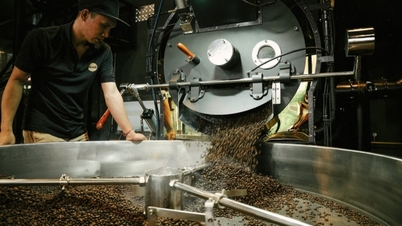
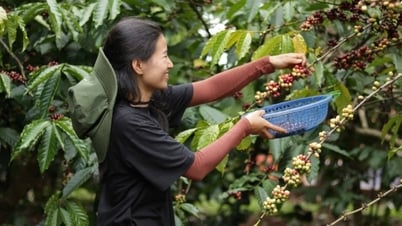

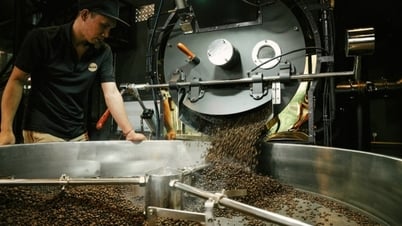











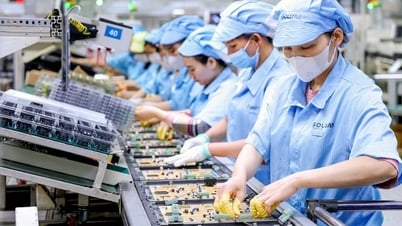

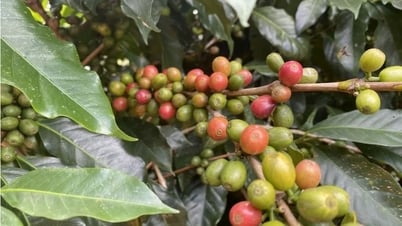
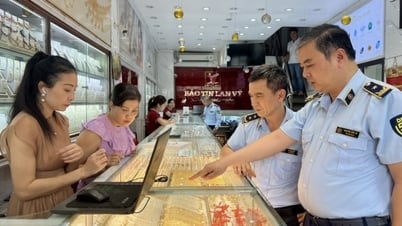







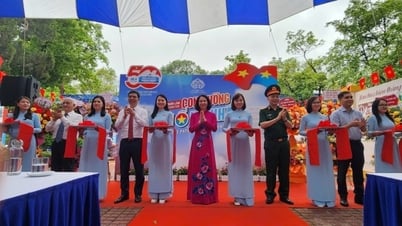

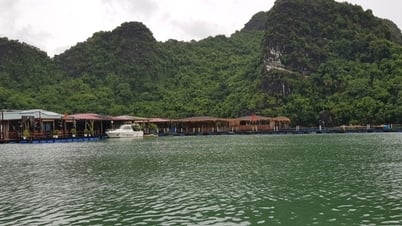









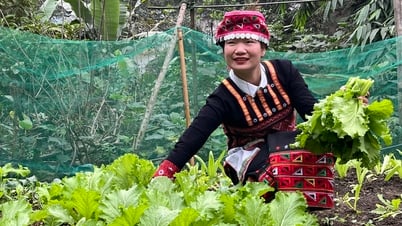

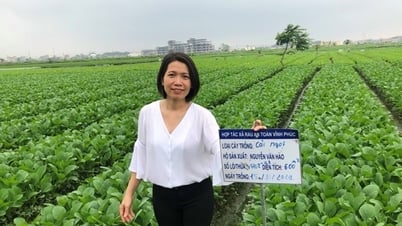

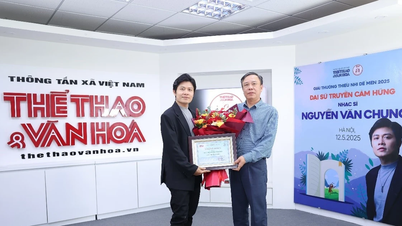



















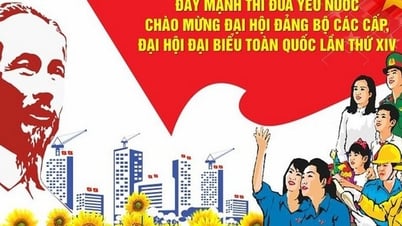



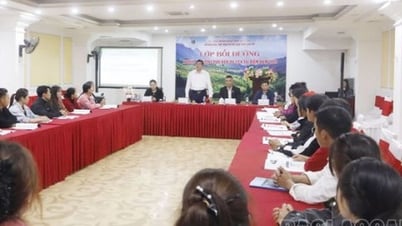
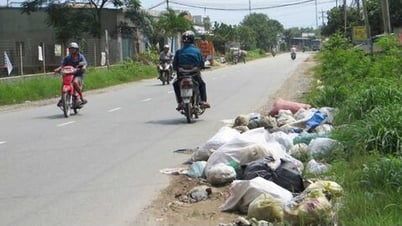

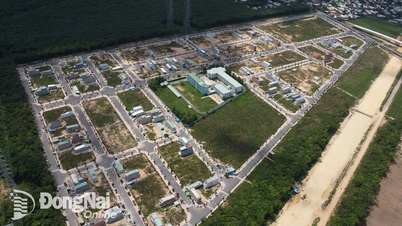






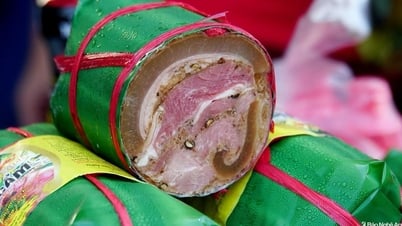








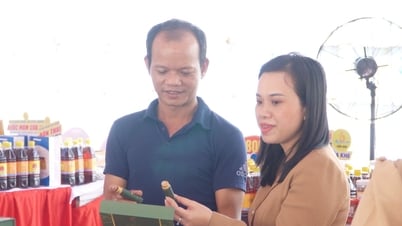
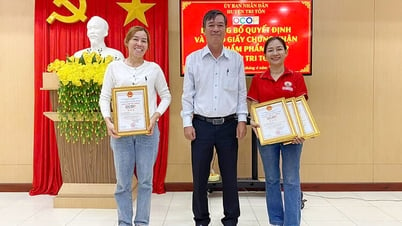
Comment (0)